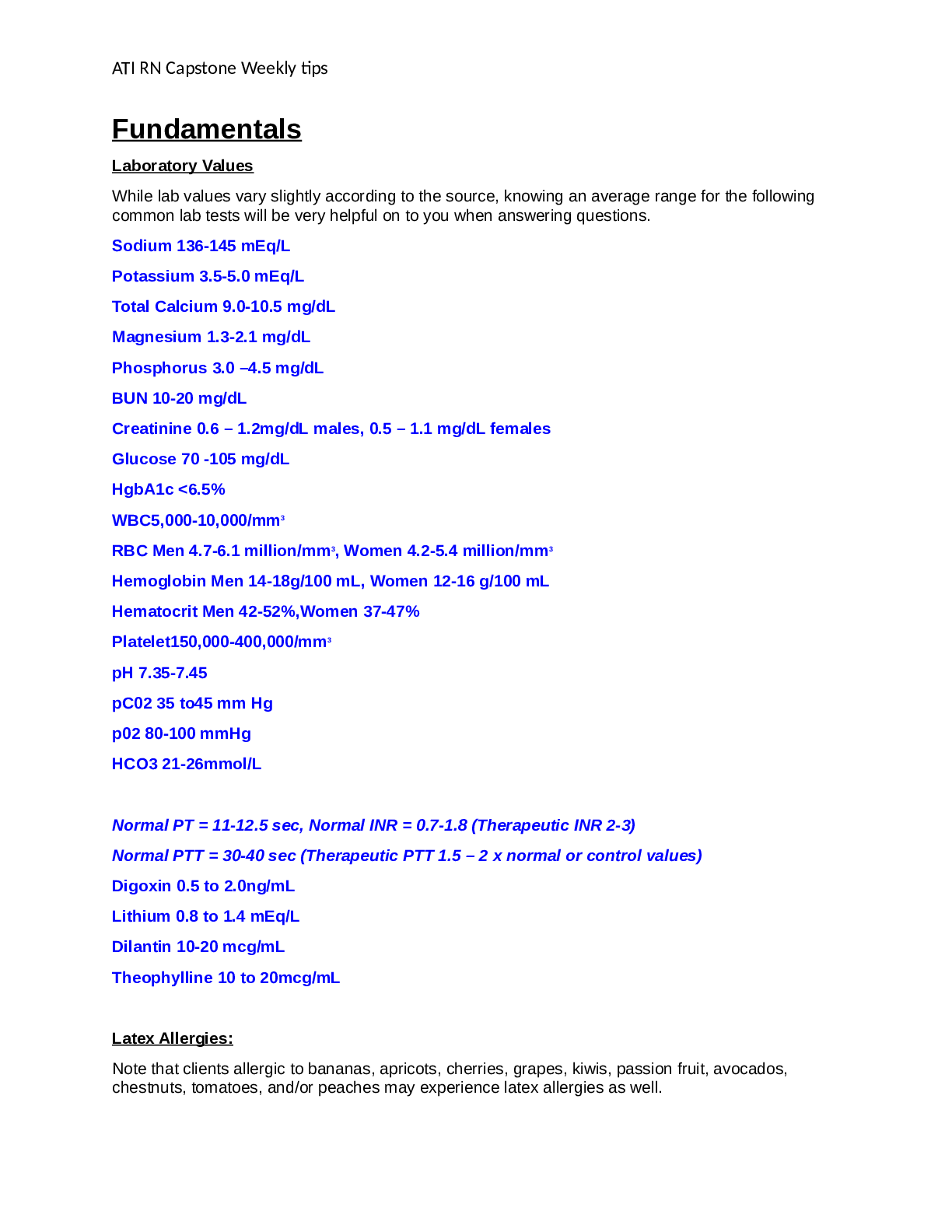

Iron requirements increase during pregnancy. This results suggested, three times a week or weekly iron supplementation is as effective as daily supplementation for healthy pregnant women without anemia. Although the mean serum ferritin level before and after treatment with iron supplementation was statistically significant in the three groups, no significant differences were found comparing the three groups (P = 0.827, P = 0.635 respectively). The mean serum iron level before and after treatment with iron supplementation in the three groups was not statistically significant (P = 0.962, P = 0.970, respectively). There were no significant differences between the pre- and post-treatment hemoglobin levels with iron supplementation in the three group (P = 0.518, P = 0.276, respectively). Paired t and ANOVA tests were used as appropriated. Serum hemoglobin, ferritin, and iron were measured before and after the supplementation. The first group (n = 50) received a 50 mg-ferrous sulfate tablet daily, second group (n = 50) received a 50 mg-ferrous sulfate tablet three times a week, and the third group (n = 50) received two 50 mg-ferrous sulfate tablets (100 mg) weekly, respectively for 12 consecutive weeks. During January 2006- January 2008, 150 healthy pregnant women without anemia, in their 16th week of pregnancy were randomly allocated into three equal groups. The present study was a prospective simply randomized clinical trial. The purpose of this study was compare of daily iron supplementation in three time frames- daily, weekly and three time weekly supplementation in preventing anemia in healthy pregnant women.


 0 kommentar(er)
0 kommentar(er)
